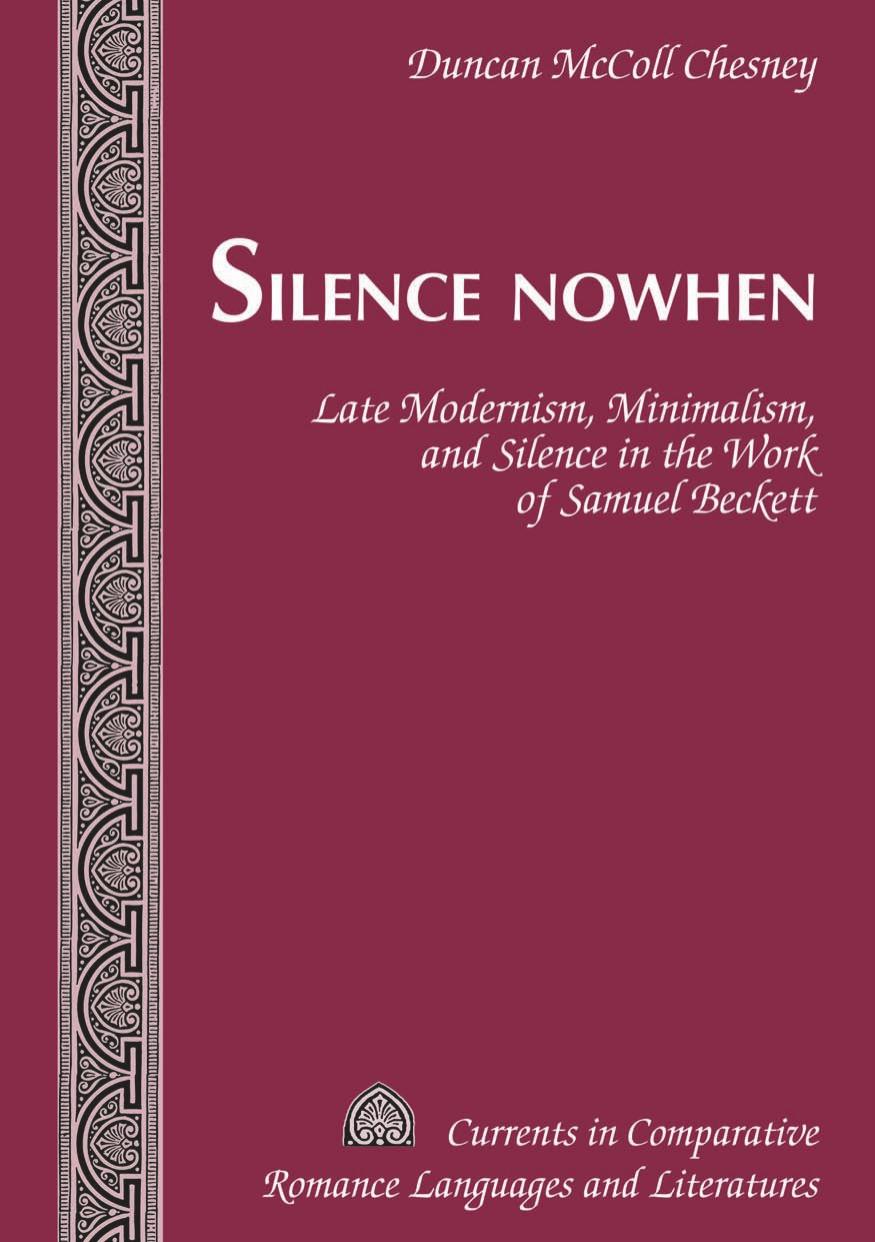

Most ebook files are in PDF format, so you can easily read them using various software such as Foxit Reader or directly on the Google Chrome browser.
Some ebook files are released by publishers in other formats such as .awz, .mobi, .epub, .fb2, etc. You may need to install specific software to read these formats on mobile/PC, such as Calibre.
Please read the tutorial at this link: https://ebookbell.com/faq
We offer FREE conversion to the popular formats you request; however, this may take some time. Therefore, right after payment, please email us, and we will try to provide the service as quickly as possible.
For some exceptional file formats or broken links (if any), please refrain from opening any disputes. Instead, email us first, and we will try to assist within a maximum of 6 hours.
EbookBell Team

4.7
106 reviewsThe dramatic and prose works of Samuel Beckett have long been understood as central to twentieth-century literature and particularly to questions about aesthetics, ethics, and the modernism-postmodernism distinction. Duncan McColl Chesney addresses many of the main issues in Beckett criticism by focusing on a key aspect of Beckett's work throughout his long career: silence. Chesney links Beckett's language and silence back to his predecessors, especially Joyce and Proust - laterally to contemporary movements of minimalism in the sister arts and theoretically in in-depth discussions of Blanchot and Adorno. By doing so, Chesney addresses how Beckett's works remain true, to the end, to a minimalist impulse that is essentially modernist or late modernist without giving over to the rising dominant of postmodernism. Chesney delineates a sigetics - a discourse of silence whose main strategies in Beckett are reticence and ellipsis - and through studies of Godot, Endgame, Krapp's Last Tape, Happy Days, the Trilogy, Company, and other works, teases out of Beckett's minimal aesthetics a Beckettian minimal ethics. In brief glimmers in his texts Beckett provides proleptic hints at reconciliation and the possibility of ethical life that are neither theological nor mystical, but that minimally hold to an alternate rationality from that of the reified world of exchange and catastrophe.